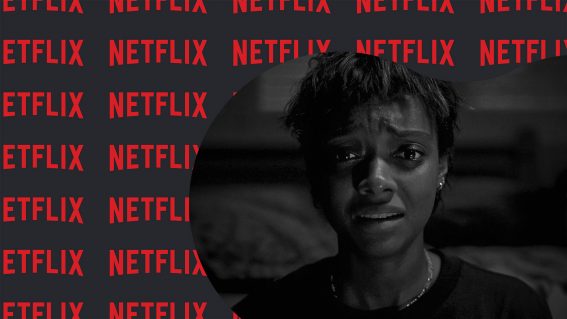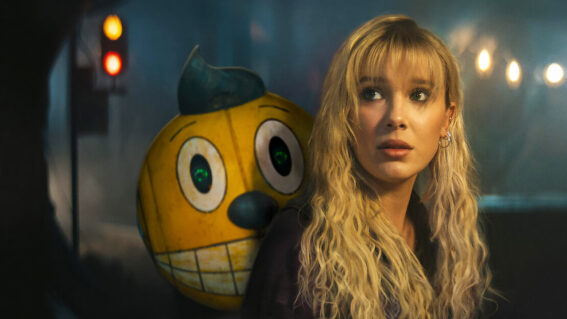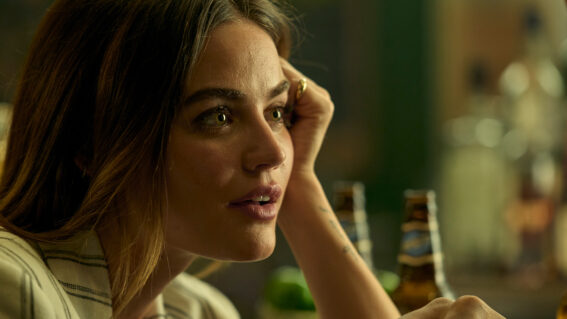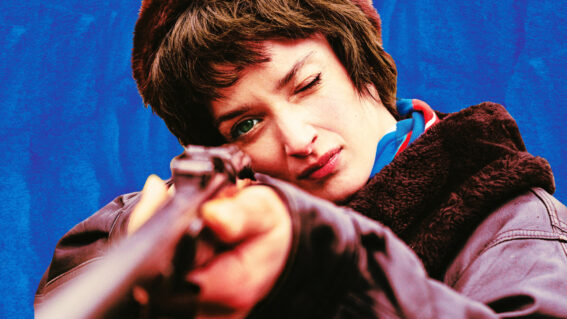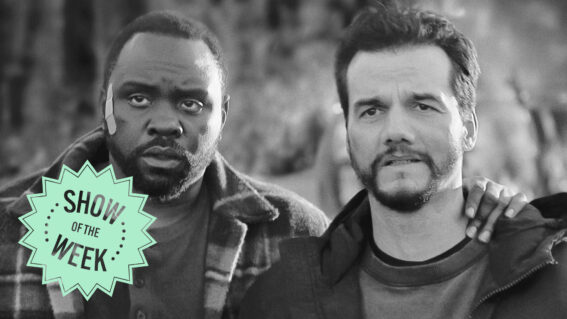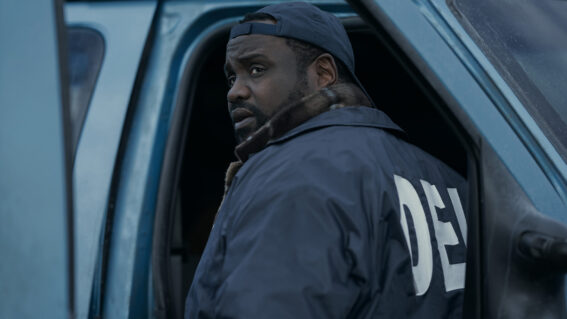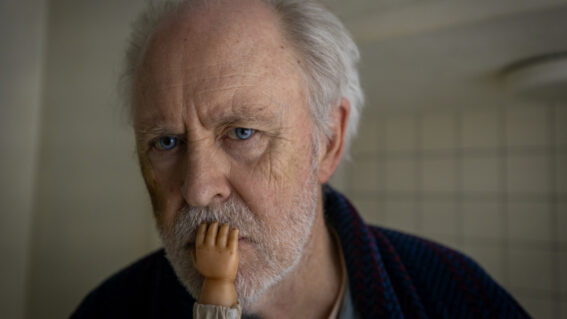From Dirty Harry to Nicole Kidman in Destroyer: a history of bad arse cops in the movies
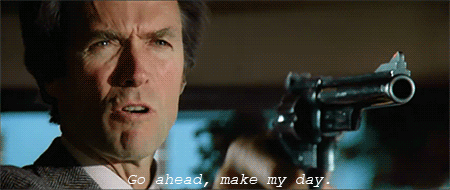
Nicole Kidman’s performance as a battle-hardened detective in Destroyer is the latest in a long line of cinematic law enforcers who don’t take shit from anybody. Travis Johnson scans the police records of film history to find the most bad arse cowboy cops.
This month sees “our” Nicole Kidman take up the badge and gun to play alcoholic homicide detective Erin Bell, a Maverick who goes off the reservation to track down an old enemy in Karyn Kusama’s brooding and apocalyptic crime thriller, Destroyer.
Nic’s new pic has been receiving rave notices, but it’s just the latest in a long line of movies focused on cowboy cops – renegade law enforcers who do whatever it takes to bring down the bad guy. The twist this time out is, of course, that Erin is a woman. But she’s just as broken, beat-down, and brutal as any of her male predecessors – of which there have been many.
Bad arse cops always know better than their bosses – they’ve been out on the streets, and they know the score. The uber example of this is, of course, Clint Eastwood’s Inspector Harry Callahan, who first strode onto our screens, .44 Magnum revolver in hand, in Don Siegel’s magisterial procedural Dirty Harry (1971). Tasked with hunting down serial killer Scorpio (Andy Robinson) – loosely based on the real life Zodiac killer – Harry goes beyond the call of duty to nail his perp, eventually blowing him away with his signature hand cannon rather than arresting him in the film’s climax. Disgusted with the bureaucratic red tape that has hindered his crusade, Harry ditches his badge in disgust, but it doesn’t take. Clint came back for four sequels, culminating in the rather embarrassing The Dead Pool in 1988.

Harry acted out of a sense of duty. However, sometimes it takes the death of a loved one to really push a well-meaning peace officer into Cowboy Cop territory, as in George Miller’s seminal roaring rampage of road-bound revenge, Mad Max (1979). As we all know (seriously, this should be on the citizenship test) highway patrol cop Max Rockatansky (Mel Gibson) is driven over the edge when his wife and child are run down by the barbaric biker pack led by the villainous Toecutter (Hugh Keays-Byrne). Strapping on his sawn-off shotgun and swiping his police issue pursuit car, Max proceeds to hunt down the gang before driving off into the wasteland for three sequels, none of which count for our purposes here.
Mel Gibson made the renegade cop his own with 1987’s none-more-‘80s action classic Lethal Weapon. Here the driving motivation is not duty or revenge, but rather self-destruction. Mel’s Martin Riggs is so distraught over the death of his wife that he wants to go out in a blaze of glory in the line of duty – much to the consternation of his straight-laced partner, Roger Murtaugh (Danny Glover). It’s worth noting that Lethal Weapon is actually about the rehabilitation of the bad arse cop. Even though it takes a lot of gunfire and explosions to do so, the films work to bring Riggs back into the family fold and respectable society, which is largely why they get worse as they go along, reaching their nadir with 1998’s dire Lethal Weapon 4.
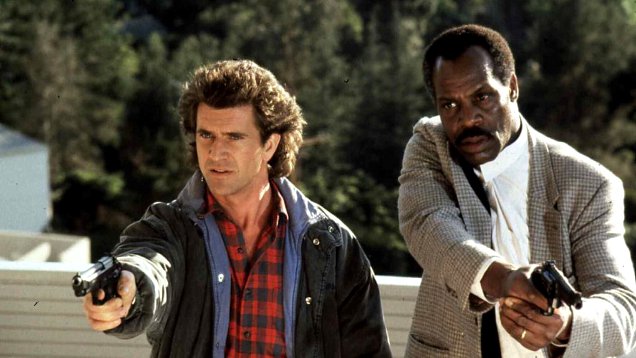
Still, they never quite get into the realm of self-parody, which is where Sylvester Stallone’s Cobra (1986) starts and finishes. Midwifed into life by rent-a-director George P. Cosmatos (Rambo: First Blood Part II, Tombstone), the film sees Sly as taciturn, hyper-violent “zombie squad” cop Marion Cobretti, who is basically unleashed on the world in order to take down a cult of axe-wielding serial killers led by the great B-movie character actor Brian Thompson (The Terminator). Cobra is notable for very little except for the cool laser-sighted Jati-Matic submachinegun Sly wields in the climax, and the fact that it is so ludicrously violent that it received an X-rating when first submitted for classification. It was edited down for release, of course, but sadly the original uncut version has never seen the light of day.
Cowboy cops are arguably more interesting when the cost of the job is the focus of the feature, and the cost is never higher than for narcotics cops. 1991’s criminally underrated Rush sees Jason Patric and Jennifer Jason Leigh as two undercover cops who infiltrate the drug demimonde, only to succumb to addiction themselves. Patric revisited the theme in 2002’s Narc, the first feature from director Joe Carnahan (The A-Team, Stretch), where he plays a disgraced narco officer who teams up with Ray Liotta’s bearish detective to investigate the murder of a fellow officer. Both films examine what happens when cops on the edge go over the edge, losing themselves to the criminal underworld.
Of course, some guys straddle the line between cop and criminal just fine, like every single James Ellroy character. The “Demon dog of American crime fiction” has been brought to the screen on several occasions, but it’s Curtis Hanson’s 1990 crime epic, L.A. Confidential, that did so to best effect. The sprawling saga gives us a variety of fierce and fallen lawmen, chief among them Guy Pearce’s ambitious Ed Exley, Russell Crowe’s brutal Bud White, and Kevin Spacey’s corrupt Jack Vincennes, who must all examine their own souls in the morally murky twilight of 1940’s Hollywood.
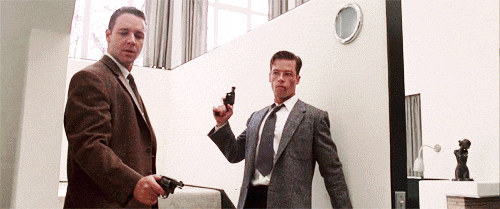
As a screenwriter, Ellroy returned to these themes later for a loose thematic trilogy that looked at corruption in the modern LAPD: Ron Shelton’s Dark Blue (2002) sees Kurt Russell as a literal cowboy cop facing his demons in the opening stanza of the L.A. Riots, David Ayer’s Street Kings (2008) puts Keanu Reeves into the shoes of an alcoholic cop who must find the measure of his own morality, and Oren Moverman’s sublime Rampart (2011) stars Woody Harrelson as a reactionary patrolman whose personal demons are far more dangerous to him than any of the street monsters he faces on the job.
Still, some cops are just plain bad. Abel Ferrara’s insanely controversial Bad Lieutenant (1992) is a descent in the cinematic abyss, following Harvey Keitel’s doomed, damned, nameless NYPD officer as he indulges in every kind of perversity until the slim possibility of redemption presents itself when he investigates the rape of a nun. It’s…rather bleak. Werner Herzog kinda remade it in 2009 with Bad Lieutenant: Port of Call New Orleans, swapping out the Hudson River for the Big Easy, Harvey Keitel for madcap Nicolas Cage, and Ferrara’s dour Catholic guilt for his own peculiar brand of freewheeling, nihilistic absurdity to rather different but no less impactful effect.


